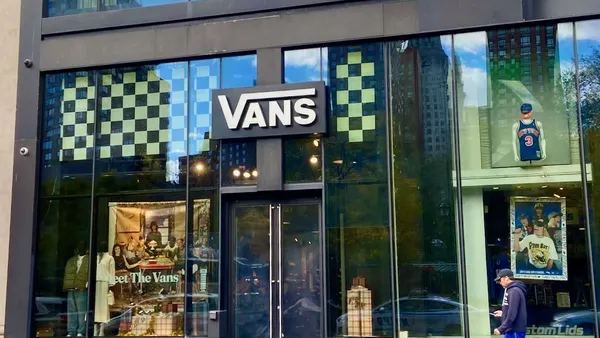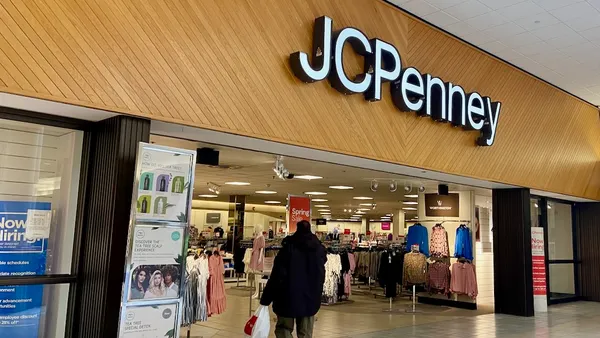Dive Brief:
-
Amazon's ongoing innovation and consumers' impatience are helping drive retail investments, including strategic business deals, according to PwC Q2 Consumer Markets Deal Insights Report, which tracks merger and acquisition activities. Total deal value in the second quarter grew 14% over the previous quarter and reached $70.8 billion, a 5% increase over the two-year average.
-
Total M&A volume has declined by 25% compared to the previous quarter, which PwC analysts said may be "a signal of caution by companies triggered by changing economic policies and global trade disputes." Still, disclosed deal volume held flat quarter over quarter at 134, they also said.
-
Notably, almost a third of the deals this year have been across industries — for example, consumer markets companies are investing in capabilities and customer-focused value in technology, healthcare and supply chain, according to the report.
Dive Insight:
Retailers, along with food companies, are among those most eager to pair up with others to meet consumer demands and play in the most successful market segments.
The activity shows that the e-commerce and international markets appear to be attracting investment. Indeed, the biggest deal highlighted by PwC in its report represents both — Walmart's $16 billion pending acquisition of an approximate 77% stake in Indian e-commerce giant Flipkart. That deal represents 23% of total deal value and is the largest acquisition in Walmart history, underscoring "Walmart's commitment to scaling its e-commerce operations and expanding its geographic footprint," according to the study authors, led by John Potter, PwC's U.S. consumer markets leader.
Roughly a year after its acquisition of Whole Foods, Amazon has brought free two-hour delivery for more Prime members, PwC noted, which is likely to send grocers' dollars toward investing in last mile delivery. But Amazon isn't just helping spark other companies' deals, but also making some of its own. PwC noted that its acquisition of online pharmacy PillPack immediately hit retail pharmacy stock prices for Walgreens Boots Alliance, CVS and Rite Aid, all of which "are likely to see erosion of their customer base in the long term due to proliferation of delivery options," according to the report.
"The retail pharmacy subsector has already seen significant consolidation and formation of critical alliances in recent years as companies struggle for competitive advantage, but none have ventured into home delivery and fulfillment," Potter and his team wrote. "[A] defensive move in this area (or other disruptive innovation) is likely on its way."













